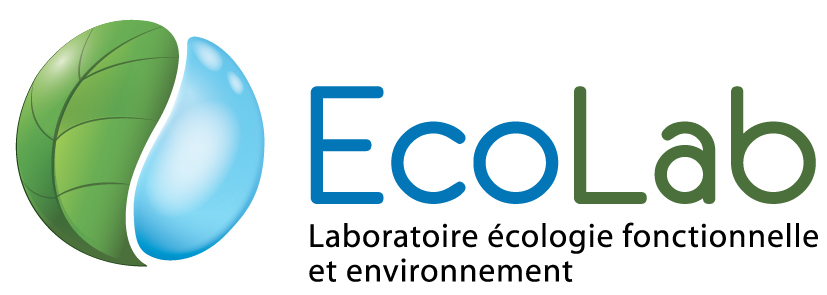Regime shifts in shallow aquatic systems caused by agricultural run-off and warming – Insights from micro- and mesocosms experiments
Résumé
Shallow aquatic systems are highly abundant in productive lowland regions with intensive agriculture. Because of their high surface-to-volume ratio, they are prone to multiple stressors such as climate warming and agricultural run-off. Shallow aquatic systems typically occur in two alternative stable states, the desirable macrophyte-dominated state with clear water and a high biodiversity, or the degraded state with phytoplankton or blanketing algae dominance and loss of many ecosystem functions. While eutrophication and climate warming are known driving factors for regime shifts from the macrophyte- to the phytoplankton-dominated state, the role of pollutants such as pesticides and their combined effects with nutrients and warming are unknown. In the French-German project CLIMSHIFT, we investigated in different micro- and mesocosms experiments the role of agricultural run-off (ARO) composed of nitrate and a pesticide mixture (each one organic herbicide, insecticide and fungicide plus copper as ingredient of inorganic fungicides). The micro-and mesocosms contained pelagic and benthic organisms to reflect the tight benthic-pelagic coupling found in these systems. Some experiments were based only on primary producers (submerged macrophytes, phytoplankton and periphyton), while others contained also primary consumers (Daphnia magna or natural zooplankton, Lymnaea stagnalis and Dreissena polymorpha). We applied different exposure scenarios (dose-response, single-versus-pulsed, water or sediment exposures) and tested the full ARO or components of it. ARO always negatively affected the systems, through effects on competitive or trophic interactions, leading to shifts to phytoplankton, periphyton or blanketing algae development at the detriment of submerged macrophytes. Nitrate acted synergistically with pesticides (organic pesticides plus copper) by enhancing negative effects on submerged macrophytes. Warming enhanced macrophyte growth, but in combination with nitrate and pesticides reversed the effect resulting in macrophyte decline. Warming was found to lower the threshold of ARO for a shift to phytoplankton dominance. Our results show the utility of complex experimental set-ups in micro- and mesocosms in disentangling the effects of multiple stressors on shallow aquatic systems. We conclude that multiple stressors such as climate warming and exposure to agricultural run-off threaten the good ecological state of shallow aquatic systems, and that safety margins should be defined to counteract negative effects.

